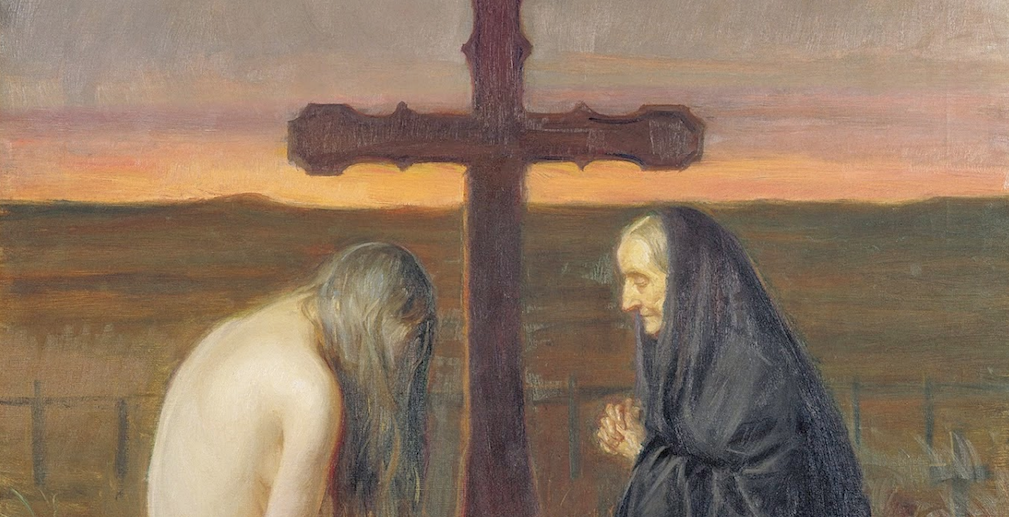The problem with boundaries is that they serve too often to keep people out, rather than to keep people in. Insider/outsider, or ‘us’ vs. ‘them’ language too often threatens to undermine a gospel which is about an ever-expanding ‘us’ group. Furthermore, it tends to seduce
Essay / Culture
